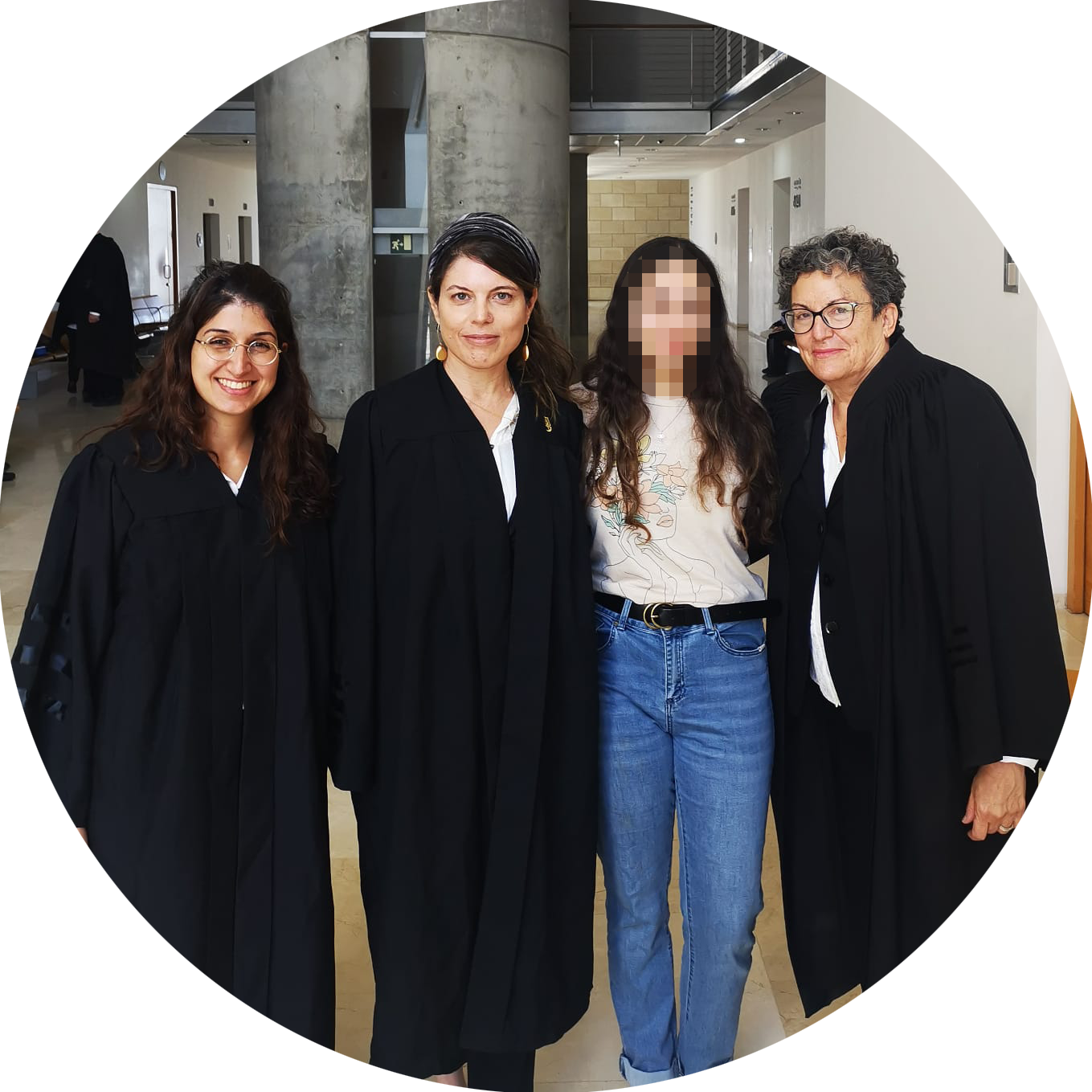2011: Mikveh
Case: HCJ 9740/11. Pliah Oria v. Minister of Religion
In 2011, a young woman was denied access by to a state-funded ritual bath (mikveh) because she was not married. According to the Chief Rabbinate, it is inappropriate for single women to be sexually active. The bath attendant, a state employee, therefore decided that the woman was not entitled to use the mikveh.
In 2011, CWJ, representing the young woman, asked the Court to order the rabbinate to provide religious services to all women who want to use state-funded ritual baths, regardless of personal status or reason for using the bath. CWJ argued that bath attendants must not deny use of the mikveh to women because they were single; divorced; getting married in a ceremony outside the rabbinate; or wanted to immerse for spiritual reasons unrelated to marital purity.
In 2013, the Court, at CWJ’s suggestion, recommended that rabbinate adopt a policy of “Don’t Ask, Don’t Tell” regarding all women who want to use the state ritual baths. The Court dismissed the case after the rabbinate agreed to accept these conditions.
As a result of this, all Israeli women are now entitled to use the state-funded ritual baths whenever they want, without state interference, and in accordance with their religious conscience. The case has also served as a precedent of the petition filed which demanded that women be allowed to use the ritual bath without the supervision of a bath attendant.

